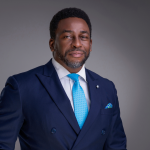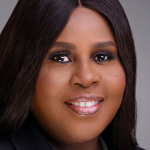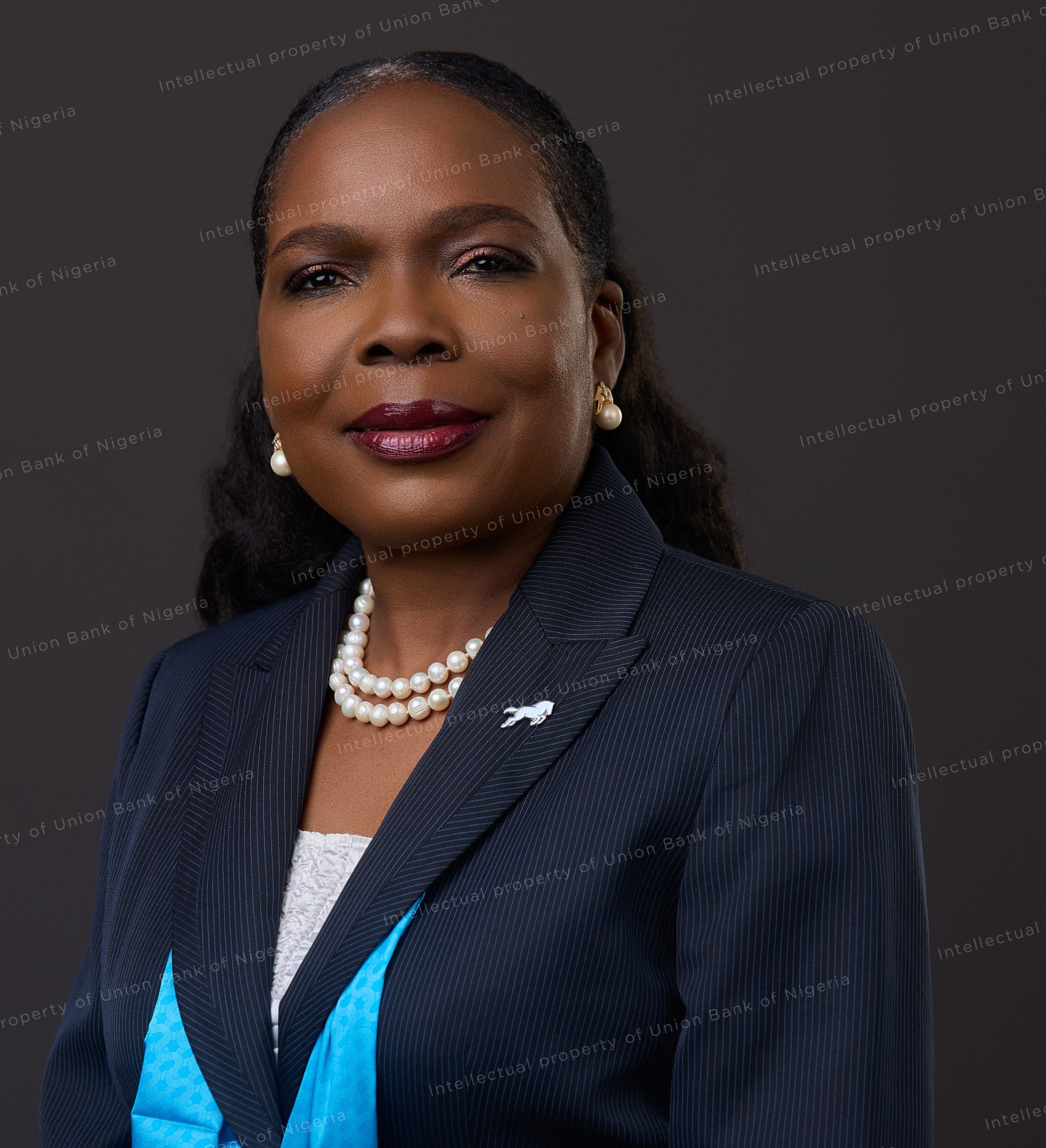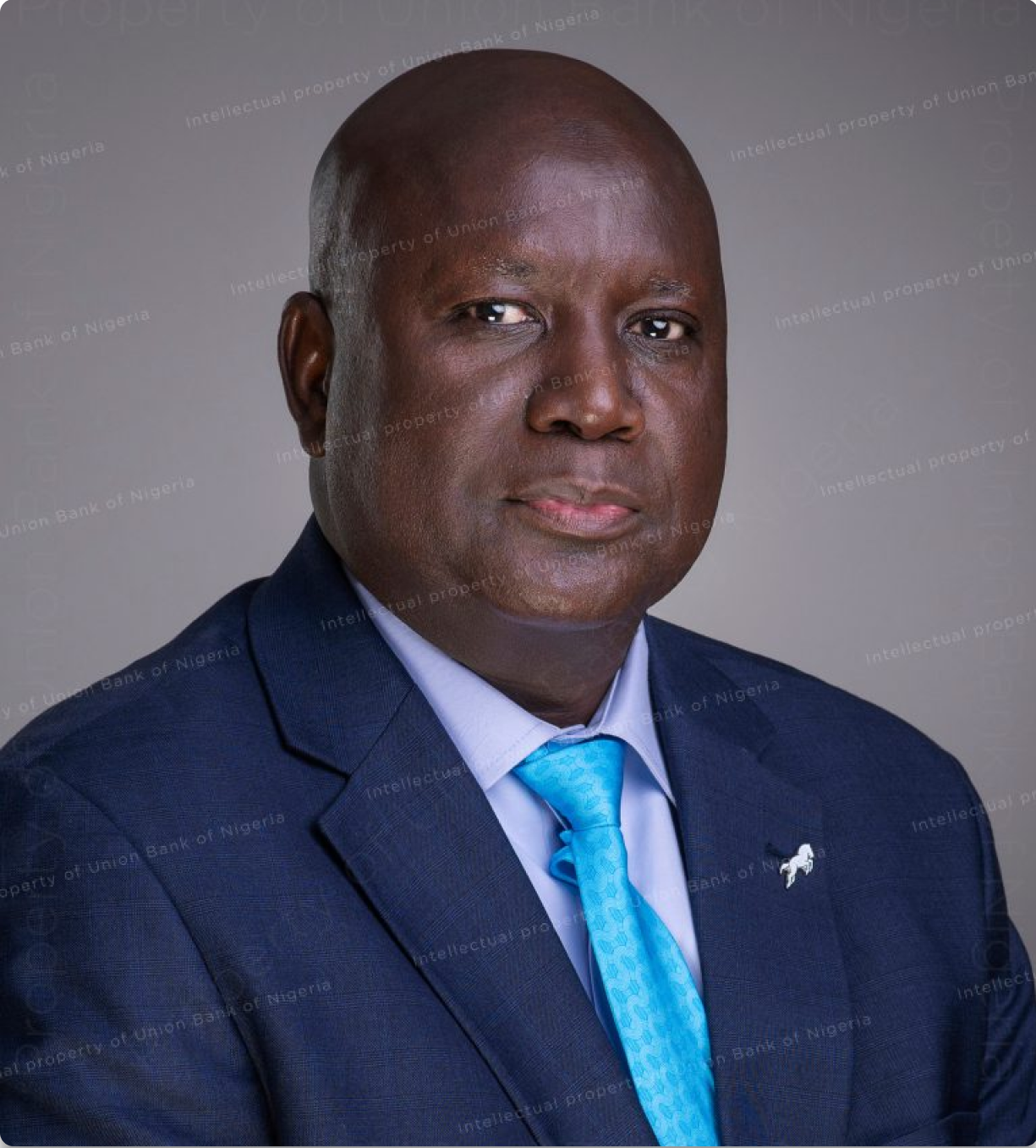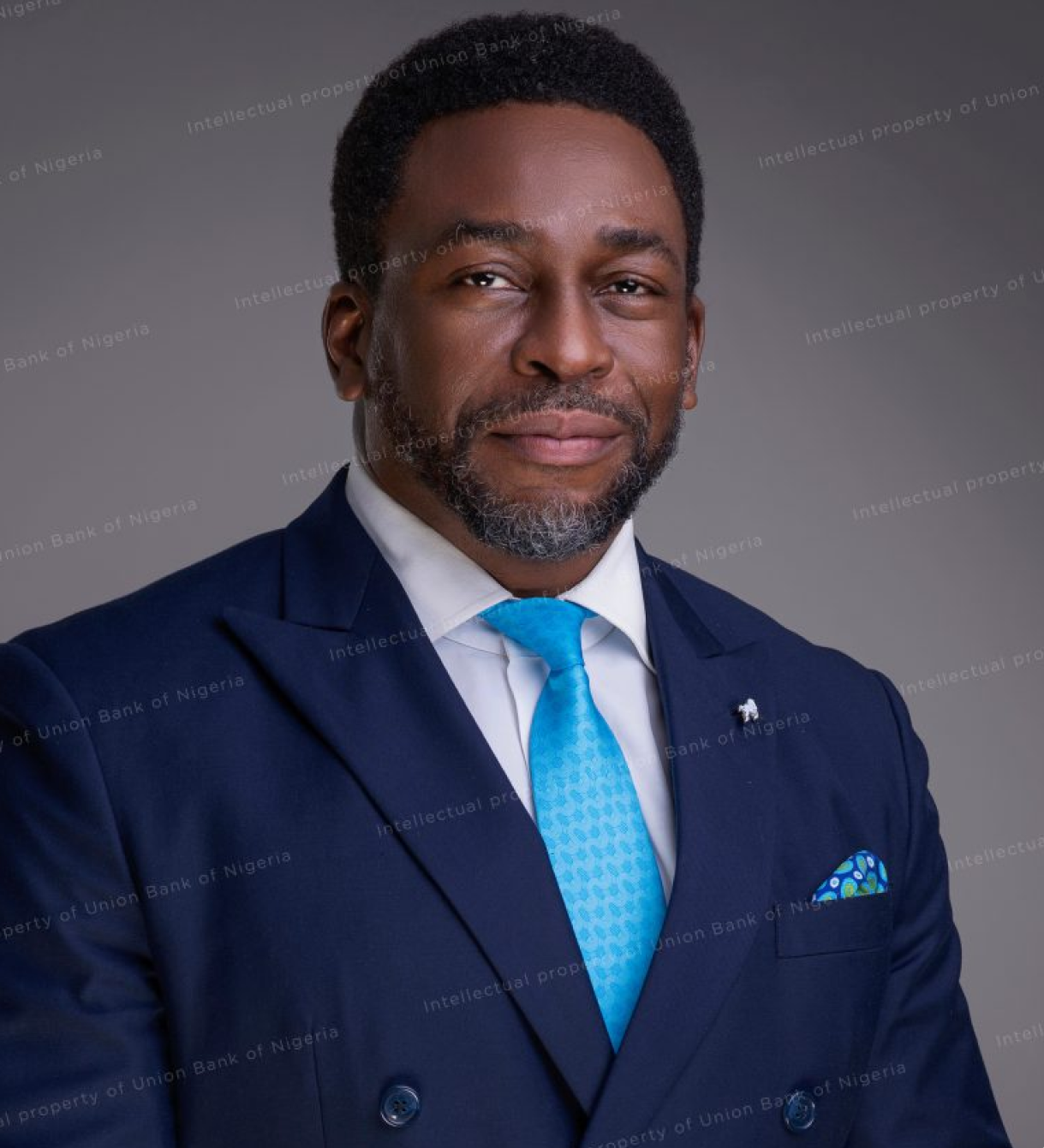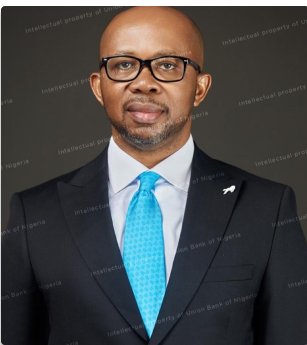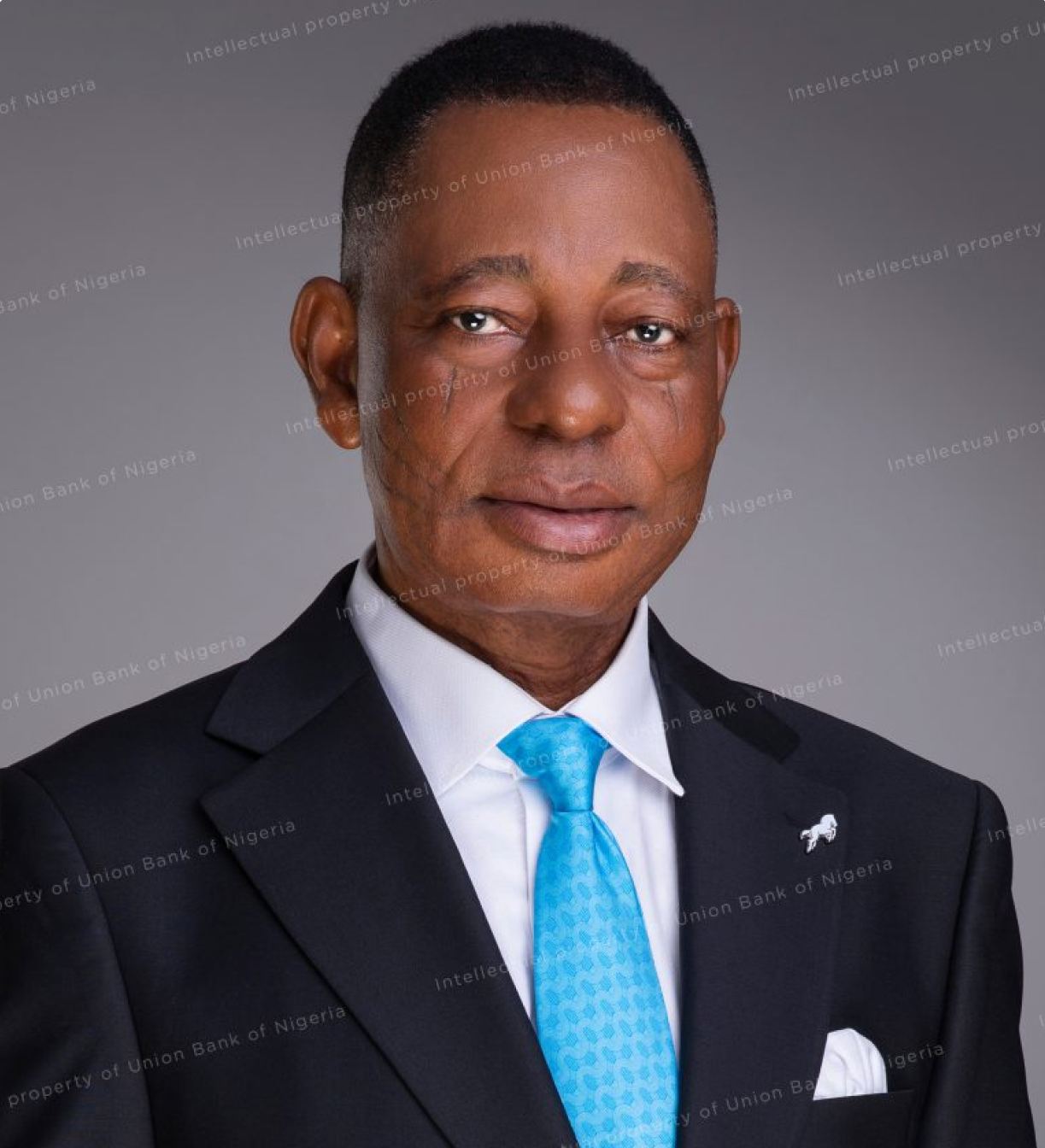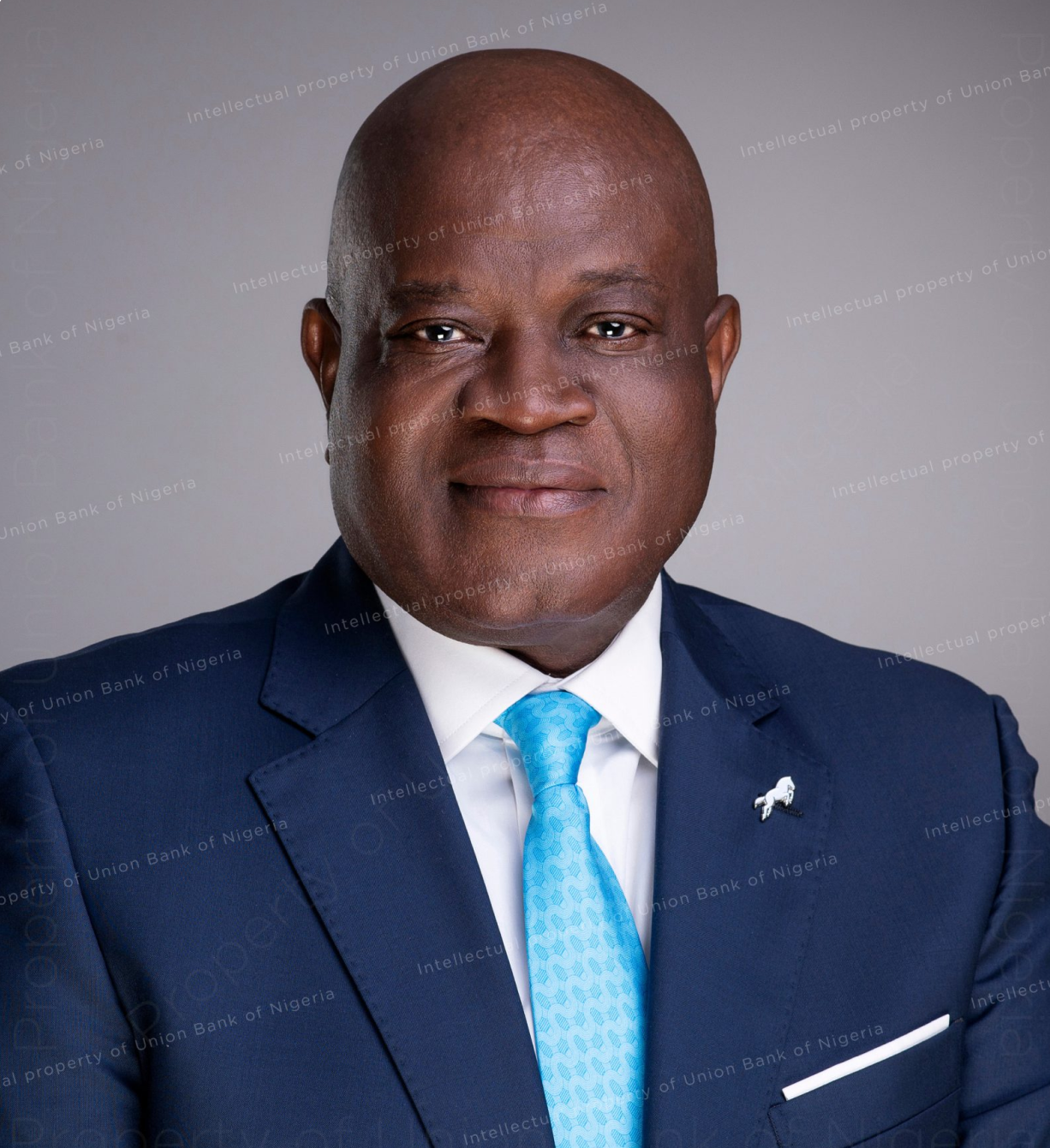In an African business landscape reshaped by relentless technological change, shifting workforce dynamics, and the urgent demand for innovation, a fundamental truth has emerged with new clarity: the ability to cultivate resilient, capable, and visionary leaders from within is no longer a mere human resources initiative, but the very bedrock of an organisation’s long-term survival and success.
For too long, many organisations have treated leadership as something that simply happens. It is assumed that the right person will step up when the time comes – when a founder retires, a CEO moves on, or a crisis demands decisive action. But in today’s Africa, this hope-based approach is no longer tenable.
The global consensus on this point is now overwhelming, and the data is unequivocal. For the third year running, global HR leaders have ranked leadership development as their top priority for 2025 according to a recent Gartner survey of over 1,400 HR leaders. Why? This is because 75 per cent of them say their managers are overwhelmed, and nearly 70 per cent admit that their leaders are not fully equipped to drive the change their organisations need. This isn’t just an operational gap; it’s a strategic vulnerability.
In a world where disruption is the only constant, the ability to grow leaders from within isn’t a “nice-to-have” HR programme, it is the bedrock of organisational resilience. It is what ensures that the corporate vision outlives any single individual.
The Hidden Cost of Reactive Succession
Across Nigeria and much of Africa, formal succession planning remains the exception, not the rule. Many organisations, including family businesses, public institutions, and large corporates, still rely on informal networks, last-minute appointments, or sheer luck to fill critical roles.
This reactive approach will take its toll on the system. An unexpected departure can trigger a domino effect: stalled projects, eroded stakeholder trust, and a loss of institutional memory that can take years to rebuild. Worse, it sends a quiet but powerful message to your talent: that their future is uncertain.
The alternative is proactive stewardship. It means not asking “Who can fill this role tomorrow?” but “Who is being prepared to lead this organisation five years from now?” This shift from reaction to anticipation is what separates enduring institutions from those that fade with their founders.
Beyond Training: Cultivating Leaders Through Experience
If there is one lesson that the past decade has taught us, it is that leadership cannot be taught in a classroom alone. Traditional, lecture-style development programmes often fail to translate into real-world impact.
True leadership is forged in the crucible of complex, ambiguous challenges. The most effective pipelines I’ve seen are built on experiential learning: giving high-potential individuals stretch assignments that cut across functions, markets, and disciplines. It’s about placing them in situations where there’s no playbook; where they must listen, collaborate, and make judgment calls with real consequences.
Equally important is the power of peer networks. When emerging leaders learn from and with one another – sharing struggles, testing ideas, and offering support, they build more than skills. They build a shared language of leadership and a culture of collective accountability. This is where innovation thrives.
Meritocracy Must Be Intentional
A robust leadership pipeline cannot be an echo chamber. If it only reflects a narrow slice of an organisation – either by department, background, or tenure, it is incomplete.
True meritocracy requires deliberate design. It means establishing clear, objective criteria for potential and performance, and then actively seeking out talent from every corner of the workforce. It means creating safe spaces where diverse voices are not just heard but shaped into strategy.
When the next generation of leaders of an organisation mirrors the full diversity of its people and customers, this doesn’t just foster inclusion; it unlocks a wider aperture for insight, empathy, and market relevance. This isn’t just good ethics; it is superior business logic.
The Ripple Effect: Why This Matters Beyond the Organisation
The impact of strong leadership stewardship radiates far beyond an organisation’s balance sheet.
For employees, it creates a powerful covenant: “If you grow here, you can rise here.” This builds loyalty, engagement, and a sense of shared destiny.
For customers, it offers quiet assurance. They know they are dealing with professionals who are not just competent, but grounded in a stable, values-driven culture – one that won’t shift with every leadership change.
For Africa, it means something even bigger. Every leader that is developed becomes a node in the continent’s growing ecosystem of capable, ethical, and forward-thinking professionals. They will carry these principles into their communities, their industries, and their networks, multiplying the impact far beyond their original organisation.
A Call to Build, Not Borrow
The future belongs to institutions that treat leadership as their most precious renewable resource. This requires patience. It demands investment, and it calls for the humility to trust the next generation before they have “proven” themselves in the old ways.
As African organisations, we have a unique opportunity. We can honour our traditions of respect and wisdom while embracing a more open, dynamic, and inclusive model of leadership. We don’t need to import a blueprint from elsewhere. The talent is already in our offices, our branches, and our startups.
Our task is not to find leaders. It is to create the conditions where they can emerge, flourish, and lead us into a future we can all be proud of. That is the enduring imperative and the greatest legacy any of us can build.
About the Author:
Omayuli Wale-Ajayi serves as Chief Talent Officer at Union Bank bringing over 28 years of experience in Strategic Human Resources Management, Administration, and Corporate Services. She provides strategic leadership in talent management, organisational development, and workforce planning, ensuring that the Bank attracts, develops, and retains the skills required to achieve its strategic objectives. Omayuli has held senior leadership positions across diverse industries, including Oil and Gas, Consumer Markets, Banking, and Professional Services. She has a proven record in executing organisational strategies, leading change management initiatives, and fostering strong partnerships within multicultural environments.
She holds an MBA from Pan African University, Nigeria, and a BA (Hons.) from the University of Ibadan. She is a Certified Training Facilitator for DDI programmes, a Certified Evaluator for the HAY Job Grading process, and a member of professional bodies including the Chartered Institute of Directors, Chartered Institute of Personnel Management, Chartered Institute of Bankers of Nigeria, and the Nigerian Institute of Public Relations.

















